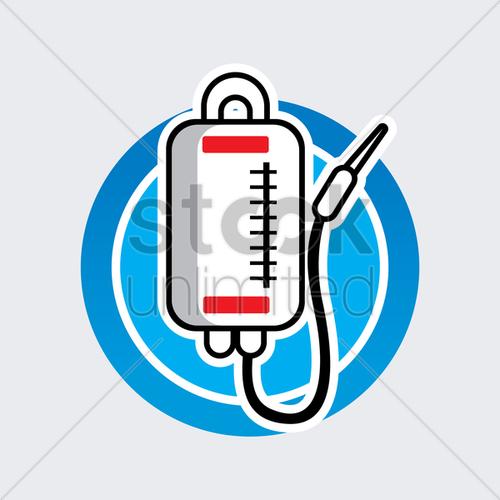Benign prostatic hyperplasia is a common health issue in elderly men, causing various inconveniences in daily life for patients. Traditional Chinese medicine offers two methods for treating this condition, internal therapy and external therapy.
For internal therapy, in cases of acute prostatitis with damp-heat overflowing, the treatment principle is to clear heat and dampness. Commonly used prescriptions include Ba Zheng San combined with herbs like Plantago seed and Akebia stem; whereas for cases of heat-toxin accumulation, in the late stage of the disease, treatment involves clearing fire and detoxification, with the basis being Longdan Xiegan Tang supplemented with herbs like Gentiana to alleviate heat symptoms.
External therapy involves local sitz baths combined with decoctions of Chinese herbs, as well as the use of suppositories containing wild chrysanthemum flowers and indigo naturalis enemas, which help alleviate local symptoms.
In daily life, patients with benign prostatic hyperplasia should focus on dietary adjustments, choose mild foods, avoid alcohol and spicy food, ensure adequate water intake, and maintain regular bowel movements. Hot sitz baths and anal contraction exercises are effective methods for symptom relief, assisting in improving blood circulation and reducing congestion in the prostate.
Sexual activities should be moderate to avoid excessive fatigue, maintaining good lifestyle habits. As for dietary suggestions, foods rich in beneficial components for the prostate such as pumpkin seeds, garlic, soybeans, and carrots can assist in preventing disease progression and enhancing the body’s resistance.
In conclusion, though benign prostatic hyperplasia is a common condition, it can be effectively managed by appropriate treatment and lifestyle adjustments, improving the quality of life. Patients should face it positively, take timely measures, and maintain their own health.


